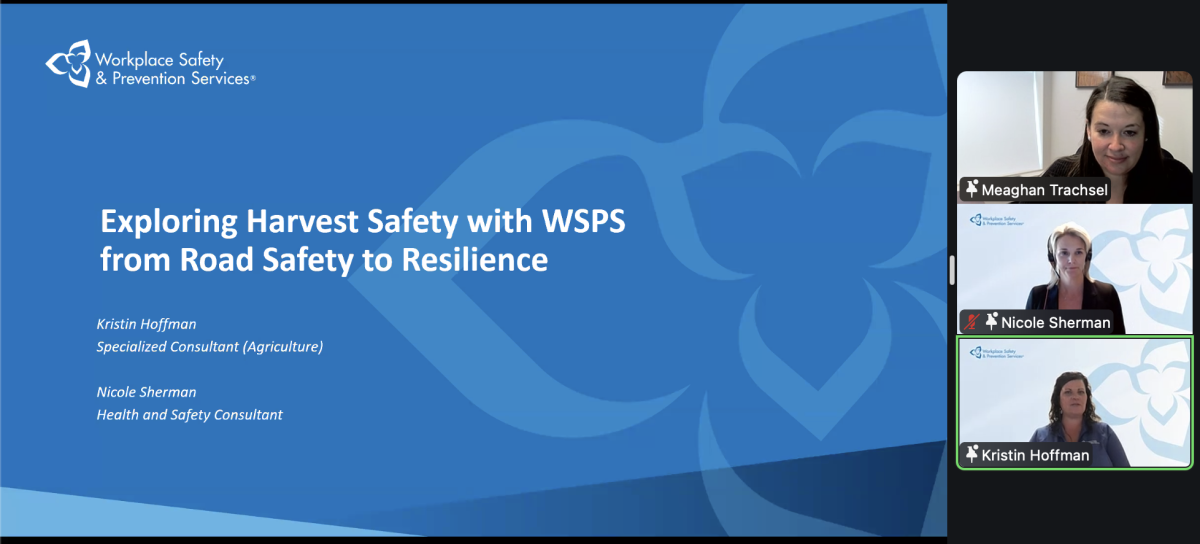An organization supported by the United Nations and the World Bank has called for a radical change in food policy to better serve the poor and hungry if the world is to cope with a growing population and climate change while avoiding social breakdown and environmental collapse.
The report by more than 400 scientists was issued April 15 by the International Assessment of Agricultural Science and Technology for Development (IAASTD).
The authors were asked to examine hunger, poverty, the environment and equity together. Professor Robert Watson, Director of IAASTD, said those on the margins are ill-served by the present system. “The incentives for science to address the issues that matter to the poor are weak… the poorest developing countries are net losers under most trade liberalization scenarios,” Watson said in a release.
Read Also

Exploring Harvest Safety
Kristin Hoffman of WSPS explains measures for increased farm safety around harvest season
The report says modern agriculture has brought significant increases in food production. But the benefits have been spread unevenly and have come at an increasingly intolerable price, paid by small-scale farmers, workers, rural communities and the environment.
“To argue, as we do, that continuing to focus on production alone will undermine our agricultural capital and leave us with an increasingly degraded and divided planet is to reiterate an old message,” Watson said in the release. “But it is a message that has not always had resonance in some parts of the world. If those with power are now willing to hear it, then we may hope for more equitable policies that do take the interests of the poor into account.”














